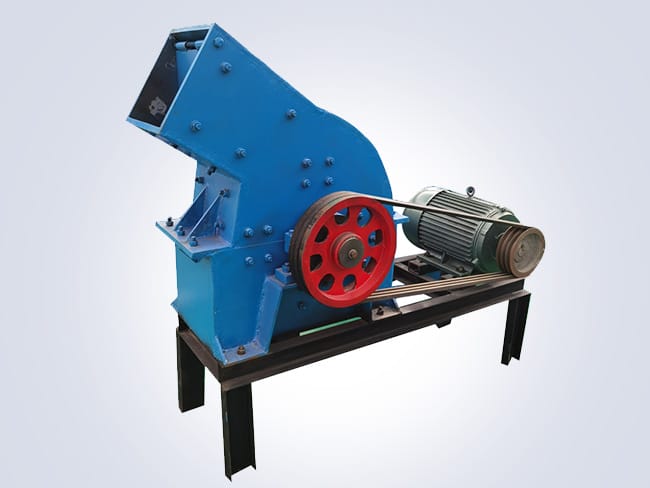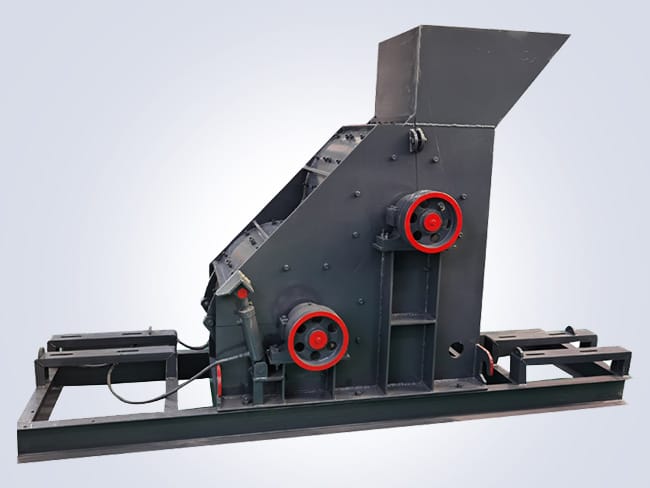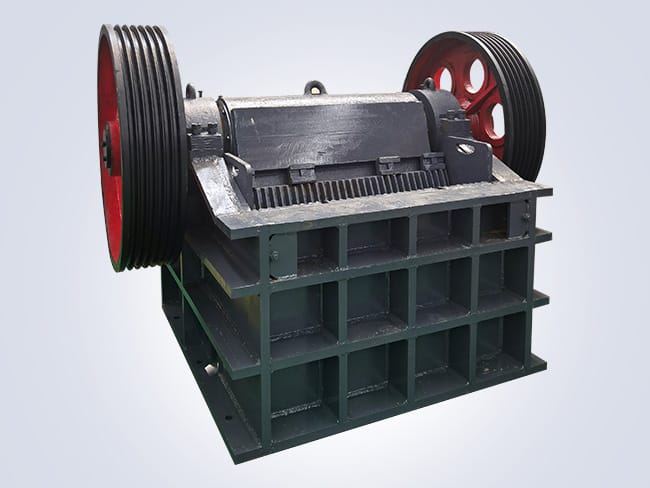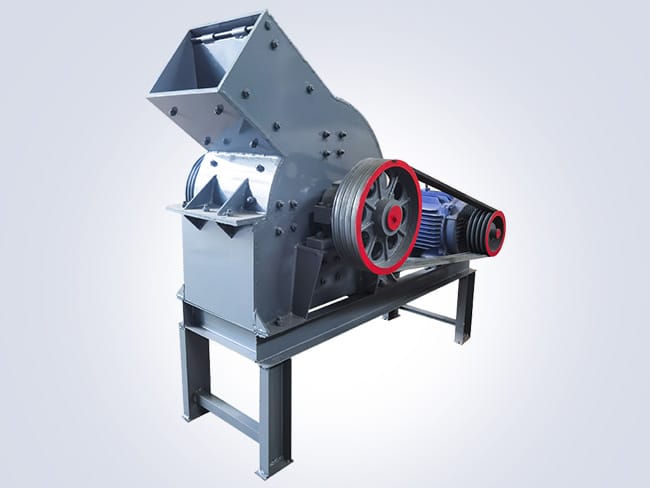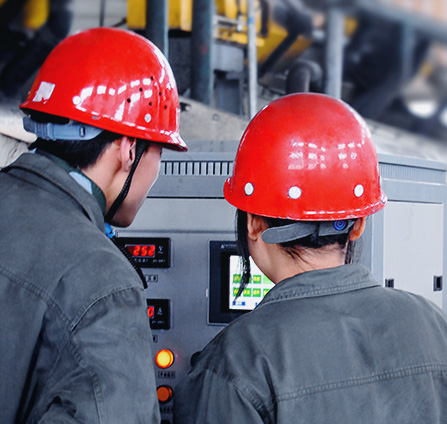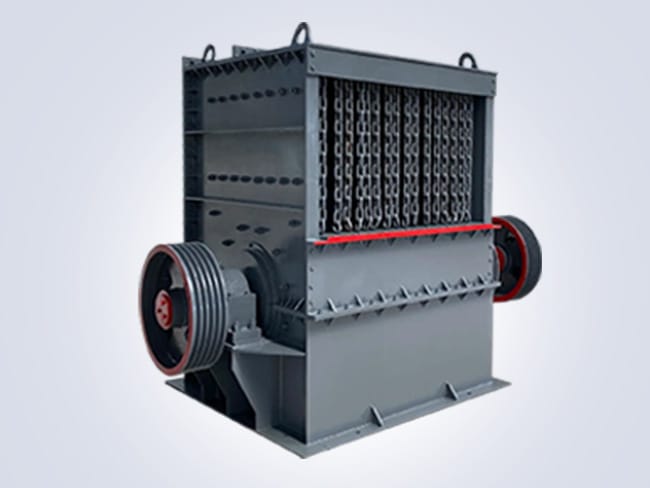
The Box-Type crusher is an essential piece of equipment used for processing construction waste and recycled materials. It plays a crucial role in construction, demolition projects, and waste management.
Key Features and Benefits of Box-Type crusher
Construction Waste Processing: This equipment has the capability to crush construction waste materials such as concrete, bricks. And aggregates into reusable recycled materials, reducing the adverse environmental impact of waste.
Efficient Crushing: These machines possess robust crushing capabilities, efficiently breaking down hard construction waste into the desired particle size.
Resource Conservation: Through waste recycling, it contributes to the conservation of natural resources such as ores and limestone, reducing the demand for raw materials.
Reduced Landfilling: Disposed construction materials are often sent to landfills, but the use of Box-Type crushers can reduce the amount of waste sent to landfills, helping alleviate the environmental burden of landfilling.
Versatility: The equipment is suitable for various materials, not limited to construction waste; it can also process rocks, ores, and other materials.
Environmental Friendly: These machines typically incorporate eco-friendly materials and technologies, minimizing adverse environmental impacts and aligning with sustainability requirements.
Enhanced Efficiency: Waste recycling reduces resource wastage and lowers raw material procurement costs, leading to improved project efficiency.
Cost Reduction: By recycling waste materials and saving on raw material costs. Box-Type crushers contribute to lowering the overall costs of construction and engineering projects.
In summary, the Box-Type crusher, as a powerful tool for construction waste processing and recycling. Offers a range of advantages such as efficient crushing, resource conservation, environmental friendliness, versatility, improved efficiency, and cost reduction. It facilitates sustainable construction and waste resource utilization by reducing landfilling and increasing resource efficiency. These machines play a vital role in promoting environmental protection and sustainable development, providing essential support to the construction and engineering industries.




